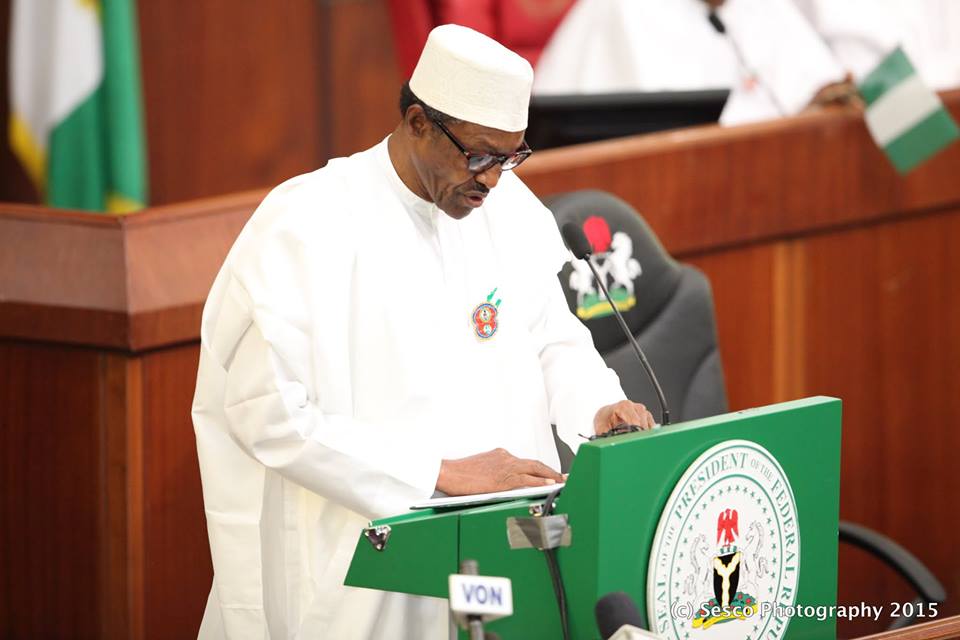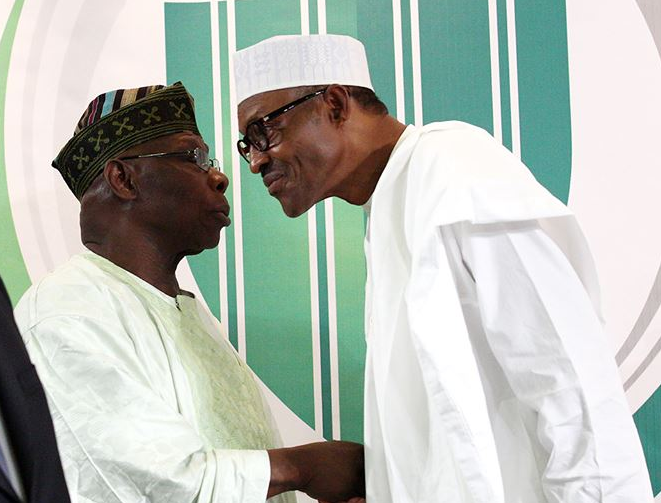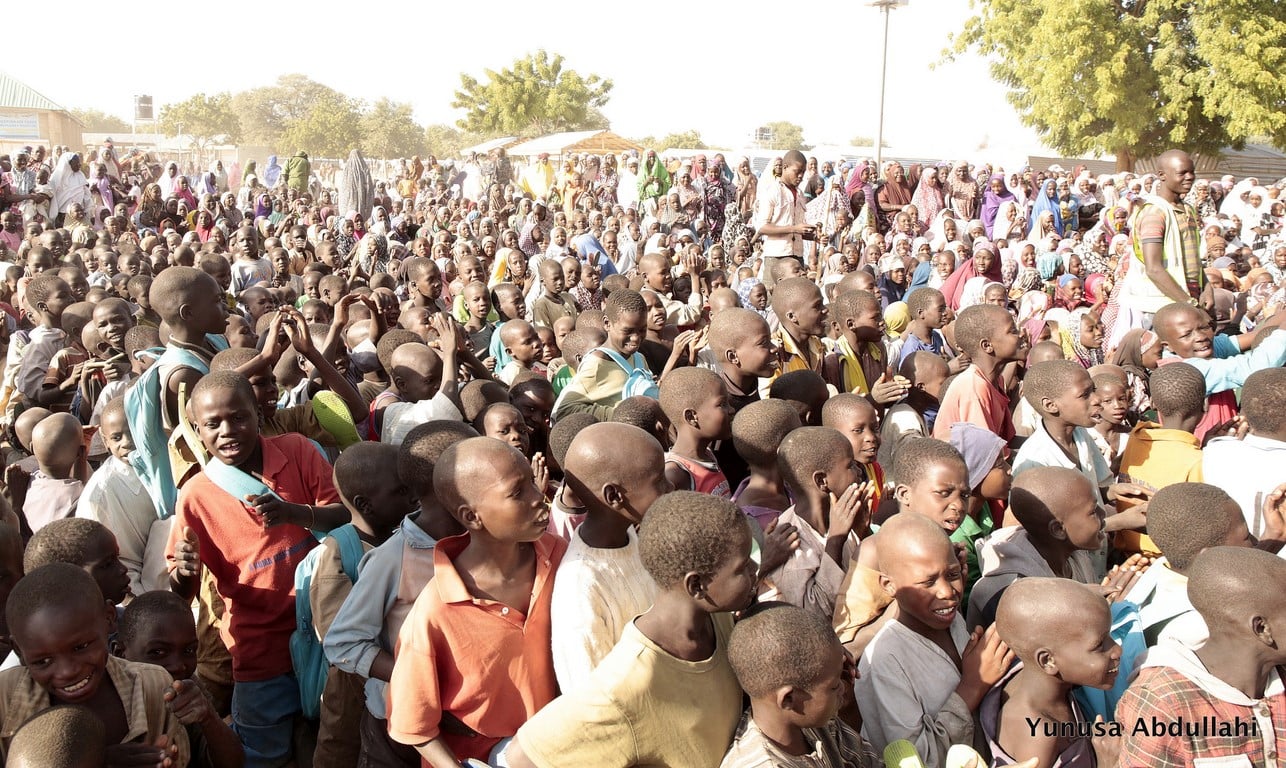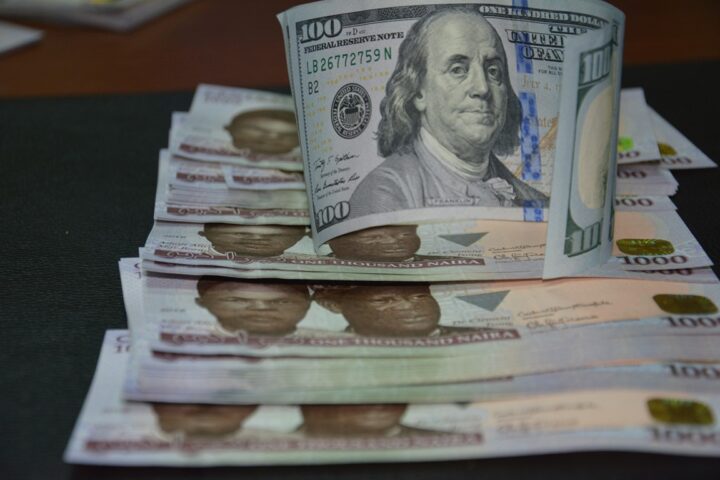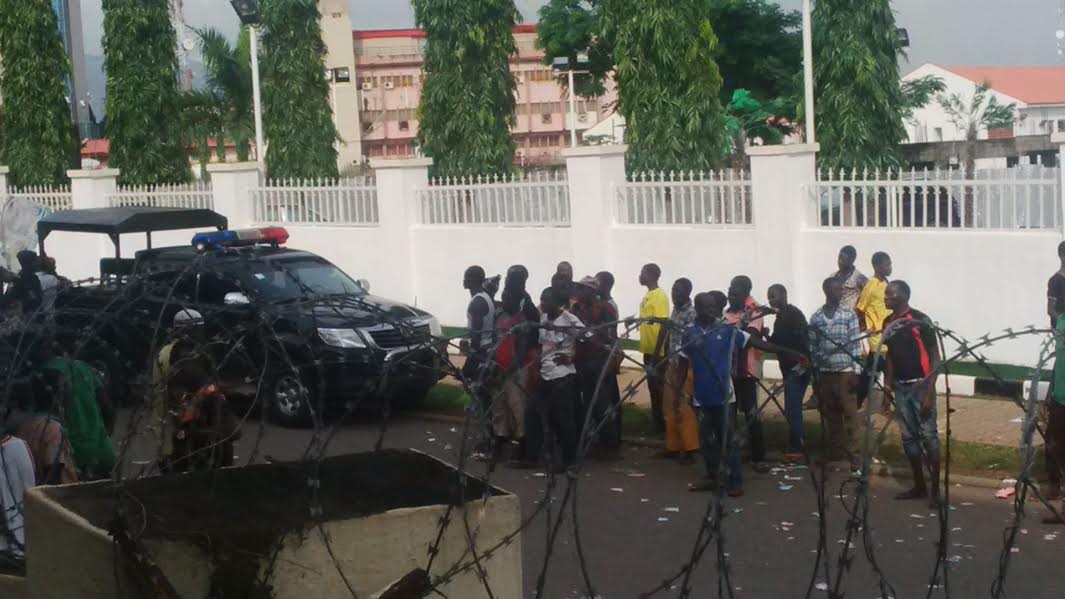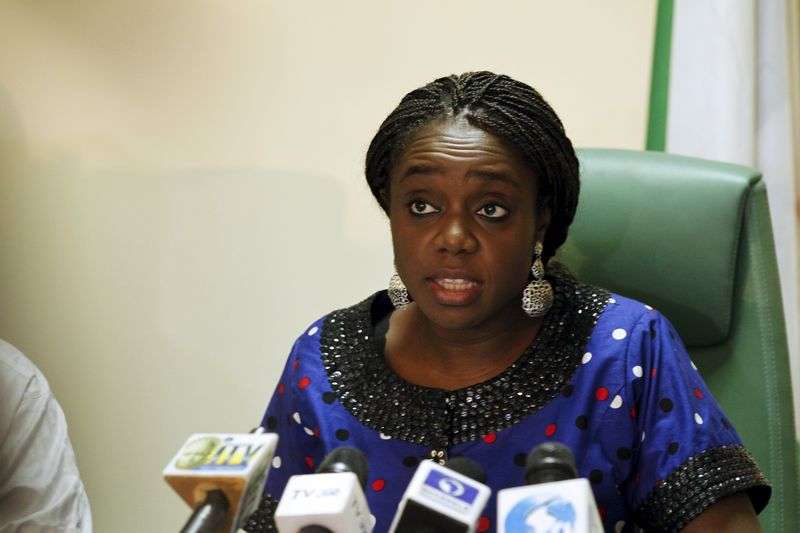President Muhammadu Buhari will be presenting an emergency economic stabilisation bill to the national assembly when it resumes on September 13.
The bill has been greeted with immense criticism from across the country, with many experts saying the president has no need of such emergency powers.
Although Laolu Akande, special assistant to the Vice President Yemi Osinbajo on media and publicity, had absolved the president of seeking emergency powers, the policy draft says otherwise.
History however teaches that Nigeria has been here before — at a junction when it needed an emergency calvary out of an economic quagmire.
Advertisement
In 1982, after an oil boom, which lasted through the 1970s, Nigeria was faced with a plunge in crude oil prices, which led to exactly same economic challenges being faced today.
Nigeria’s foreign reserves was drowning in lack, the naira was plunging, our giant appetite for foreign goods could not be funded by the revenue available at the time.
SHEHU SHAGARI EMERGENCY ECONOMIC STABILISATION ACT (1982)
Advertisement
Shehu Shagari, a civilian president, at the time, when Nigeria was obviously in a recession (like in 2016), claimed that it had become imperative for the federal government to take immediate action to protect the balance of payments and revamp the economy.
He proposed emergency stabilization measures to the national assembly, which was approved almost immediately. It was tagged the “Economic Stabilization (Temporary Provisional) Act 1982”.
HIGHLIGHTS OF THE 1982 BILL
-Foreign exchange control, which reduced Basic Travel Allowance (BTA) from N800 to N500 per person of the age of 16 and above per annum, with no allowance for children under the age of 16.
Advertisement
-Hajj forex subsidy: The government pegged the number of pilgrims permitted to perform the hajj in 1982 to a maximum of 50,000, with a BTA of N800 per person, against N500 for other citizens.
-Reduction of business travel allowance from N3,000 to N2,500 per annum for companies registered in Nigeria.
-Reduction of Form ‘M’ lifespan to six months, as against one year in the past, and all registrations were done at the CBN headquarters.
-Reintroduction of pre-shipment inspection for spare parts, raw materials and books and the introduction of pre-shipment inspection for frozen and canned fish.
Advertisement
-As part of the monetary policy, all interest rates were revised upwards across the board by two percent from their existing levels, but later in the year in November 1982, they were reduced by one percent.
-Frozen chicken and gaming machines were totally banned from importation and 29 other commodities were removed from open general licence and placed under specific import licence requirement.
Advertisement
-There were tariff changes on 49 import items, with most of the changes being increases in the rate of duties while others were introduction of new import.
-New rates of excise duties were raised to as much as 45 percent on a number of commodities, including cigarettes, towels, fabrics, cosmetics and perfumes, and paper napkins, electric, fans, locks, bicycles and motor cycles.
Advertisement
-More powers and training for custom officers and immigration reforms.
According to the Nigerian military, which Buhari was part of, the stabilisation act had failed, with inflation rising above 30 percent, and foreign reserves falling as low as $2.85 billion, which could only bear Nigeria’s import bill for a single month. This lead to the 1983 coup.
Advertisement
BUHARI’S 1984/2016 AUSTERE ECONOMIC MEASURES
Buhari took power in 1984 after a December 31, 1983 coup. He was faced with enormous economic challenges with little or no resources to combat it.
The International Monetary Fund was willing to help, but Buhari would have none of that. IMF gave 12 conditions that Nigeria must meet before it could get the much-needed help. Like in 2016, the IMF asked the government for the following:
-Reduction of capital expenditure for three years
-Removal of subsidies on petroleum products and fertilizer
-Devaluation of the naira by over 60 percent
-Appropriate measures to improve revenue collections and the operational efficiency of revenue collecting agencies
-Promotion of exports manufacturing so as to boost the export of non-petroleum products
-Liberalisation of foreign exchange and import controls.
BABANGIDA’S EMERGENCY ECONOMIC PLAN
After Buhari was ousted in August 1985, Ibrahim Babangida took power and established his own emergency economic plan, declaring an economic emergency for 15 months in October 1985.
This led to the Structural Adjustment Plan (SAP), highly regarded, till date, as a disaster.
With the benefit of hindsight, this emergency plan also failed, with the economy contracting by 8.8 percent in 1986.
LIKE 1982/1984, LIKE 2015/2016
Buhari regards himself as unlucky with the economy, coming in at times when oil prices are dwindling, with emphasis on 1984 and 2015.
“On the economy, again, we were unlucky. We are now a mono-culture economy and everybody is dependent on oil revenue. The oil price collapsed and we were exposed,” he once said in an interview after he became president.
The same situation in the 1980s has raised its ugly head in 2016, with lesser power for a democratic president; but emergency powers may not solve our age-long problems.
From Shagari, to Buhari, to Babangida, as far as Nigeria’s history goes, no emergency economic plan has ever worked. Could this be different?

